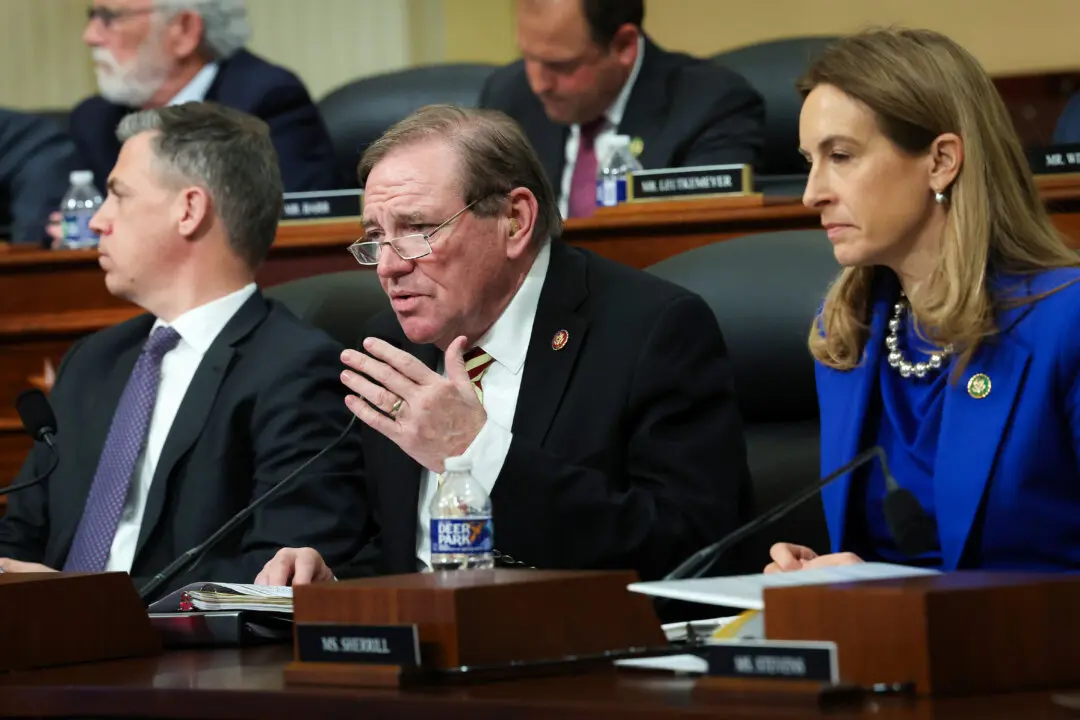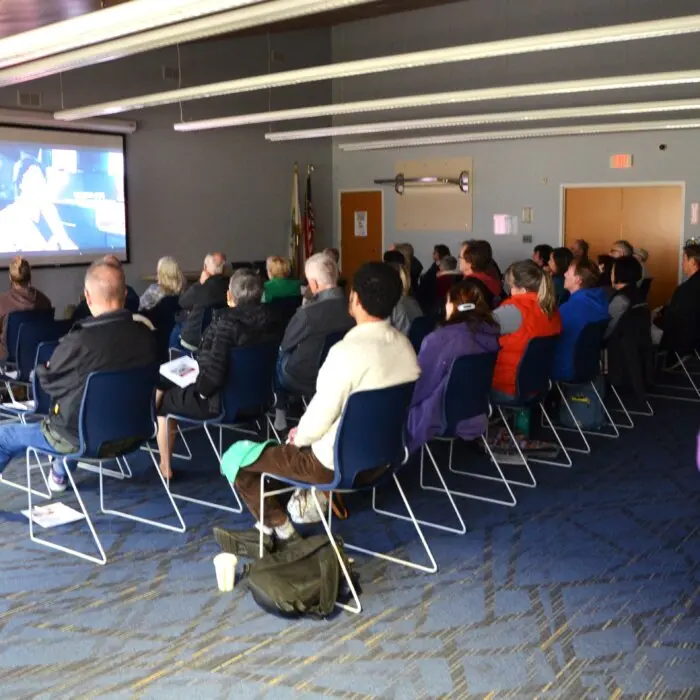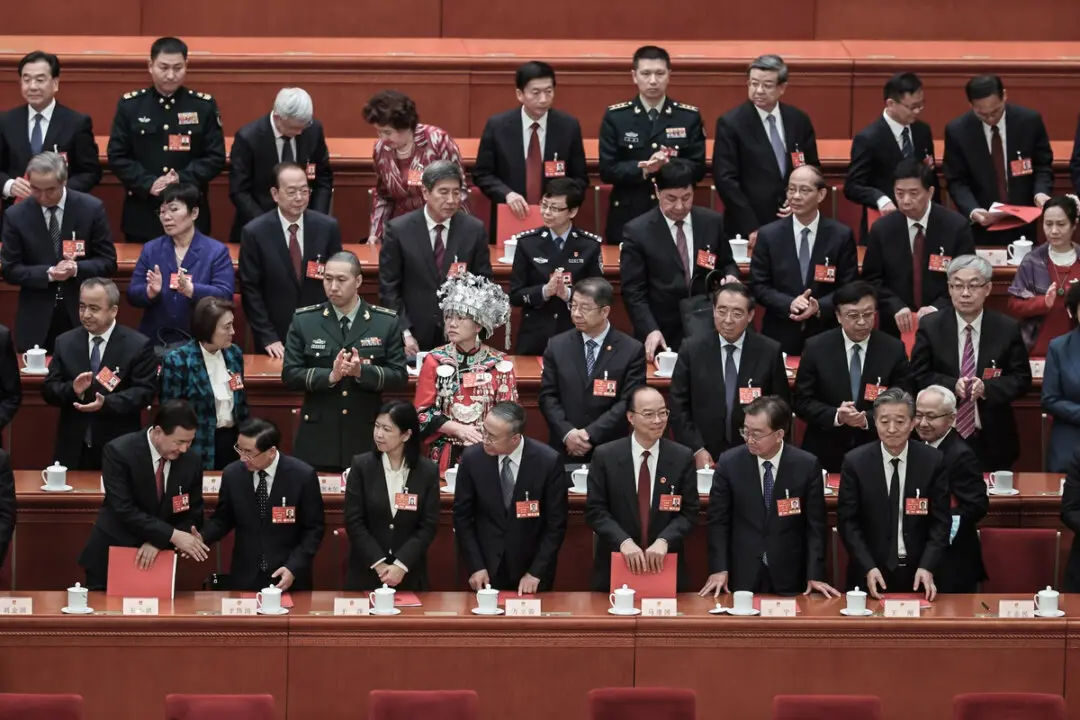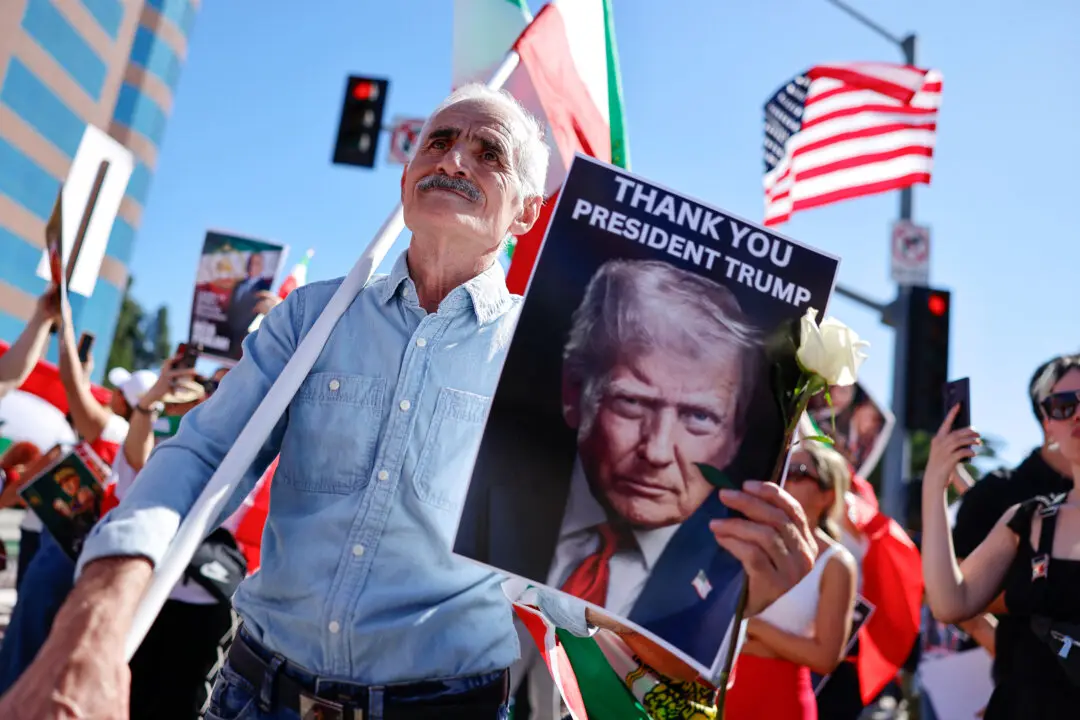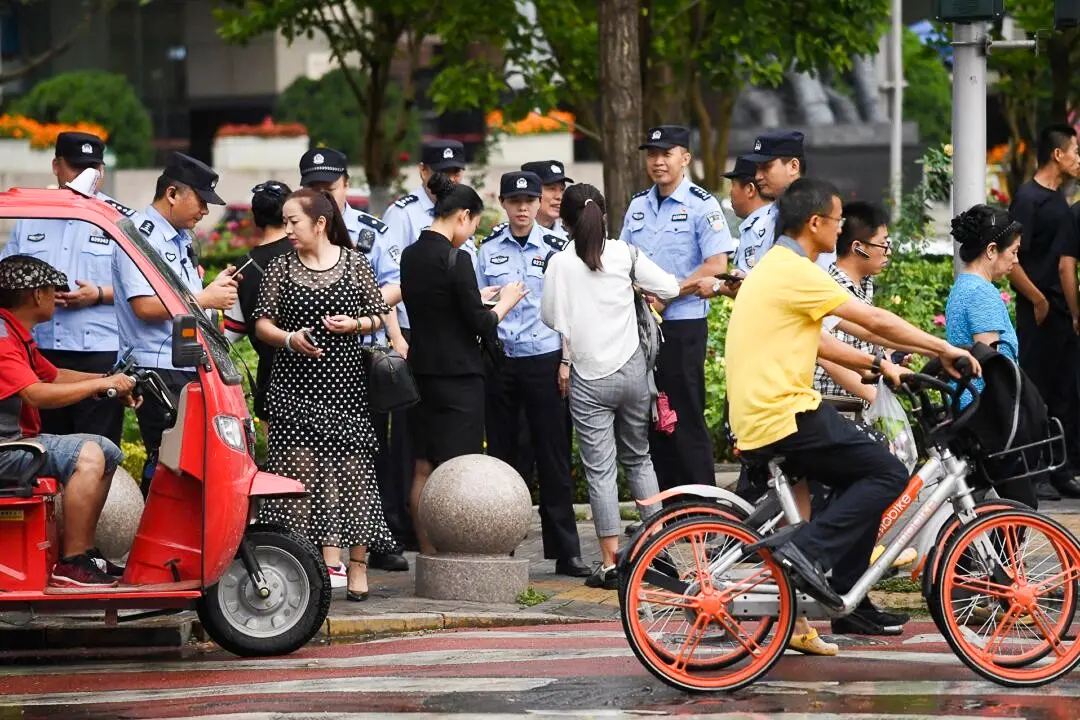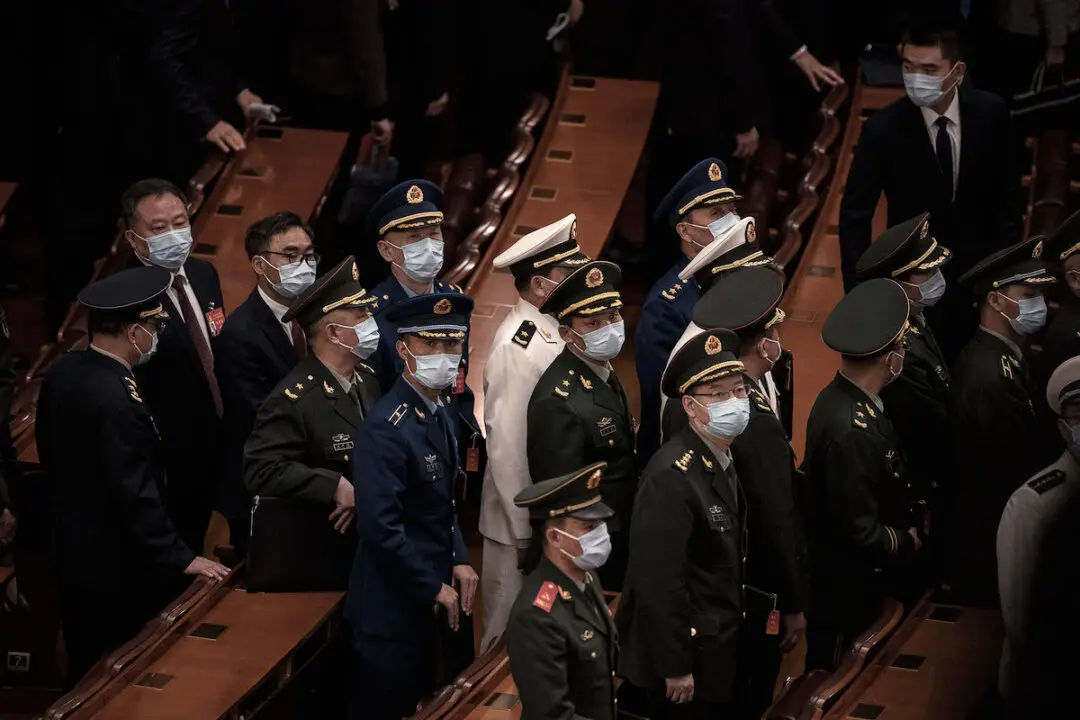“I’m one of the few members of Congress who’ve ever actually done transplant surgery,” Dunn said. “I understand a lot of it is coming near and dear to my heart, and the idea of actually murdering someone—to take their organs and give them to somebody else—that is as appalling as anything that anybody’s ever done in the history of the world. That’s right up there with the Nazis and the Holocaust.”
A Crime Hidden in Plain Sight
For over two decades, mounting evidence has indicated that prisoners of conscience in China, particularly adherents of Falun Gong—a spiritual practice persecuted in China since 1999—have been killed on demand for their organs. Independent tribunals, human rights investigators, and medical experts have documented thousands of cases, estimating that tens of thousands of transplants occur each year without identifiable voluntary donors.“Now they advertise that you can actually make an appointment sitting in America for a heart/lung transplant in China right now, but I want to make that illegal,” he said.
Under Dunn’s proposed Block Act, Americans who travel abroad to receive organs sourced from forced or unethical procurement would face civil and criminal penalties, including fines and imprisonment.
The bill would also bar individuals who receive such transplants from accessing post-operative medical care in the United States and prohibit the importation of tissues and biological materials—such as bone grafts or corneas—linked to unethical sourcing.
“It’s possible to actually preserve some organs that are harvested at the time of death—bone grafts, placentals, corneas, [etc.],” he said. “I don’t want that stuff coming into our transplant market either.”
Breaking Through Political Paralysis
Even as bipartisan concern about the CCP has grown, Dunn acknowledged that organ harvesting remains one of the most difficult subjects for Congress to confront.“Having said that, it’s very tough to talk about organ harvesting with anybody, even in Congress,” he said. “And the reason for it is it’s such an appallingly bad idea. People shrivel away from it. When you say, ‘Let’s talk about organ harvesting,’ they just look down the floor, gag, and walk away. ”
Still, Dunn believes the tide is turning. Over the past three years, he has seen greater public awareness and willingness among lawmakers to confront the issue.
“They’re overcoming revulsion, but it takes a willful effort to do it,” he said.
A Lens Into How the CCP Operates
Dunn’s stance reflects not only his medical background but also his broader view that organ harvesting reveals the moral nature of the CCP itself.“They put no value whatsoever on these human lives,” he said. “So if you’re a member of the Chinese Communist Party, you’re going to do okay. [But] if you’re a member of the Falun Gong, good luck—you’re just a walking set of kidneys, heart, lungs that they’re going to harvest at some point.”
Jekielek, who has reported extensively on the issue, noted that forced organ harvesting has become a lens through which to understand how the CCP operates—an argument Dunn embraced.
“They’re literally keeping these bodies alive, just so they can kill them and take their organs,” Dunn said. “That’s so un-American. We are obviously repelled by this.”
From Isolation to Action
Despite his medical expertise and congressional platform, Dunn admitted that taking on such grim realities can feel isolating.“I can’t exactly go home and talk with my wife and kids about organ harvesting,” he said. “I get ostracized. It’s good to have people who are willing to face the bad things in life and take them up.”
That moral courage, he argues, must now translate into policy. According to Dunn, U.S. intelligence estimates that as many as 100,000 people a year are killed for their organs in China—a figure consistent with findings from independent investigators.
For Dunn, the issue is not merely legislative—it’s moral. “This is human rights writ large,” he said. “We’re finally swallowing twice and getting the courage to take this subject on.”
